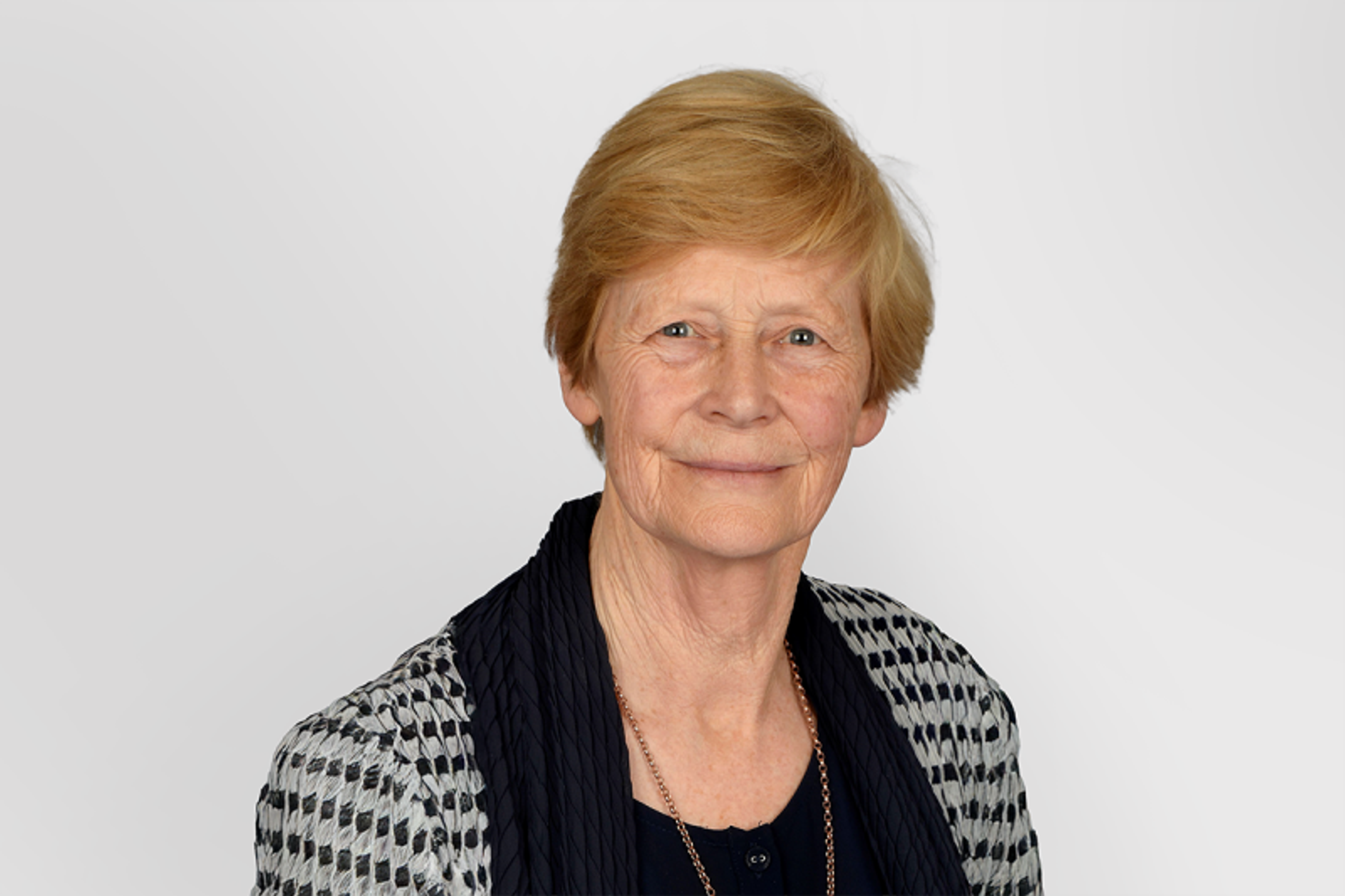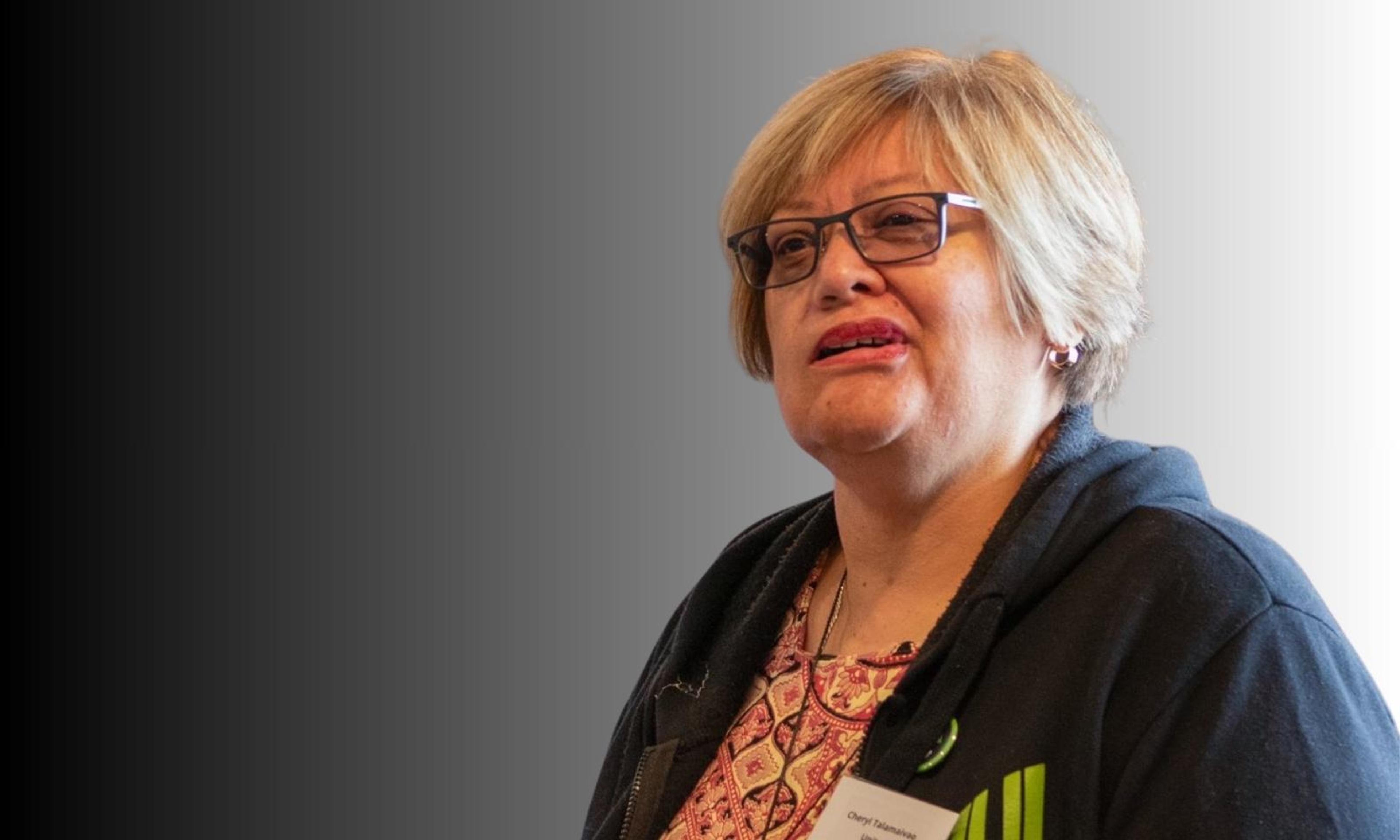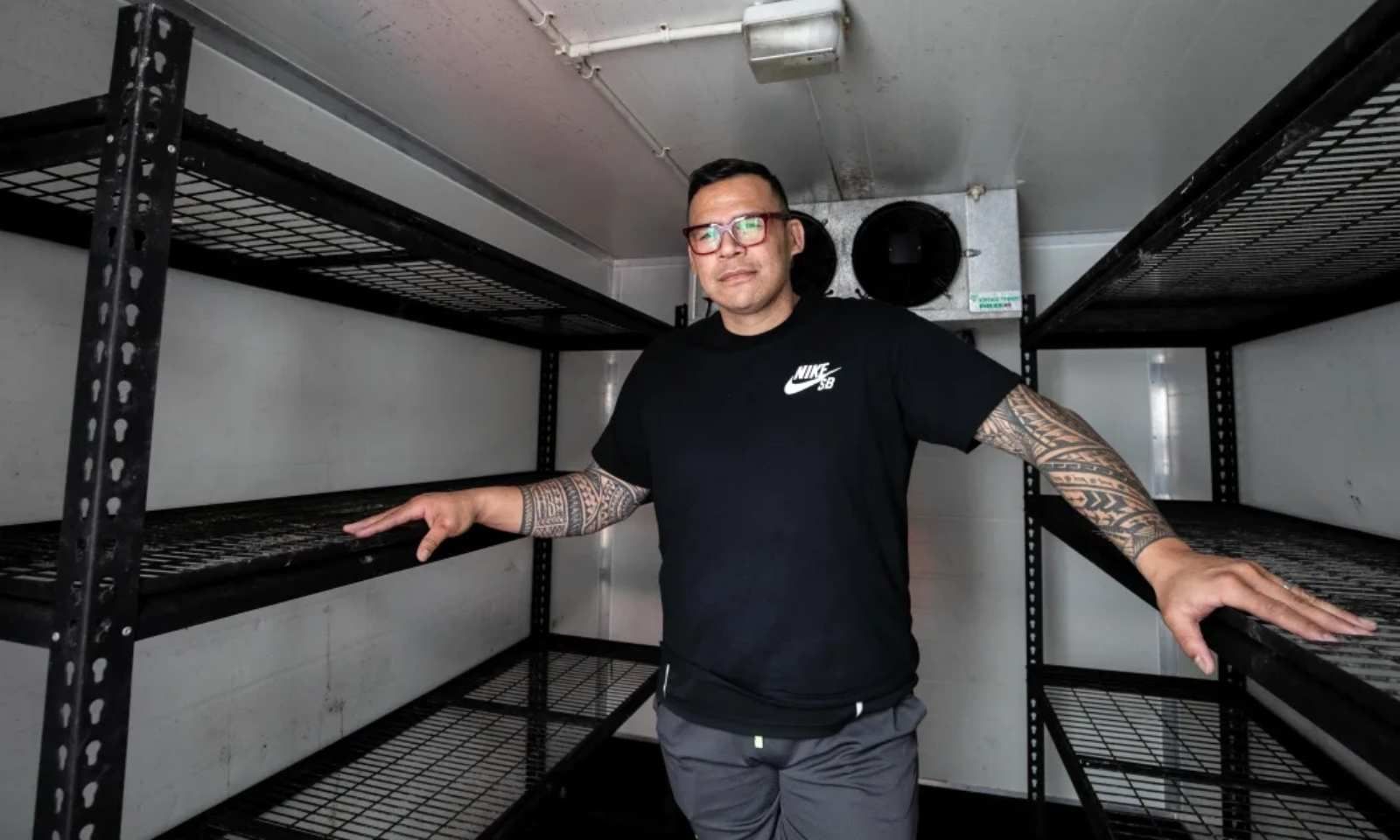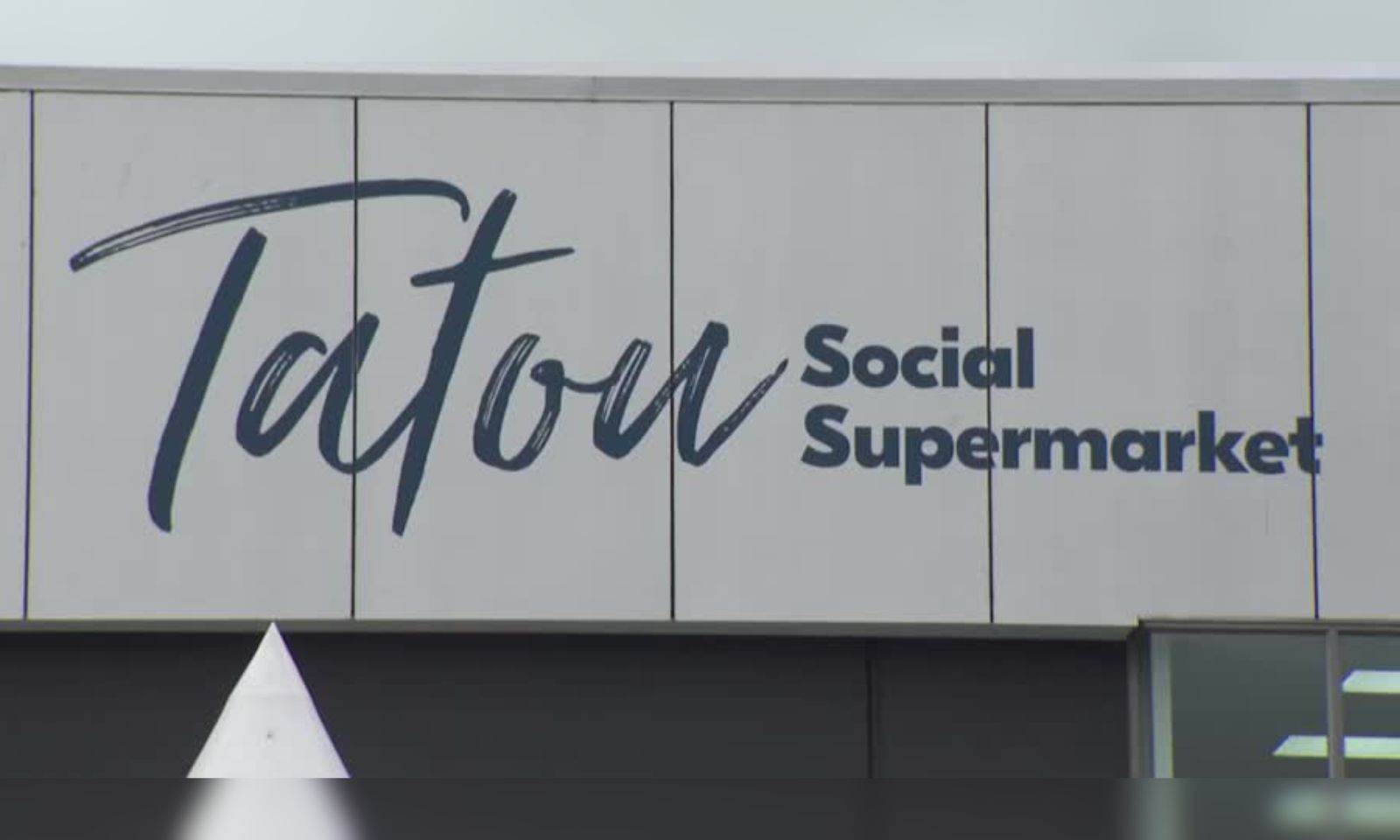

Hard times ahead for South Auckland’s first social supermarket.
Photo /Te Ao Māori News.
South Auckland social store worried about increasing demand
A South Auckland social supermarket has seen a 20 per cent increase in need for their service compared to last year, and is already closing in on their sustainable support limit of 50 people per week.



Four decades of Pacific service: Sāmoan senior lecturer recognised in New Year Honours

Forget the resolutions: Here's how you can live with intention in 2026

Pacific eyes on rising US strikes in Venezuela amid deaths at sea


Four decades of Pacific service: Sāmoan senior lecturer recognised in New Year Honours

Forget the resolutions: Here's how you can live with intention in 2026
A South Auckland social supermarket that serves predominantly Pacific peoples says they are struggling to keep up with increasing demand.
Established in 1994, the Māngere Budgeting Services Trust (MBST) expanded over two decades to one-on-one financial mentoring, education courses and their significant wraparound service - food banks.
In April MBST converted their food banks into South Auckland's first social supermarket, with the help of Foodstuffs North Island, assisting an average of 45 people a week, but are now already close to their sustainable limit of 50 per week.
However, speaking to William Terite on Pacific Mornings, MBST's chief executive Lara Dolan said it is difficult to fund operations like their social supermarket since government funding only covers a fraction of expenses.
She said 60 per cent of the families they serve are Pacific peoples from South Auckland.
"We need to rely on philanthropic organisations for donations and partners like KiwiHarvest, FoodStuffs, Fonterra, Watties, Sanitarium and many others to make the operation viable," Dolan said.
"We still get some funding from the Ministry of Social Development.
"The demand and need for food has increased year-on-year, with a 20 per cent demand for food compared to last year."
She said it will be a challenging year ahead, especially following the closure of Dave Letele's food bank also located in South Auckland, meaning more people will likely head to MBST.

Dave Letele made many sacrifices and cutbacks as he could to keep his food bank open. RNZ / Marika Khabazi.
Dolan said she was saddened by the news of Letele's food bank closure as they helped many people in need, especially since their Manukau-based operation is in a predominantly deprived area.
RNZ reported that Finance Minister Nicola Willis was also saddened to hear Letele's food bank closing down but that the government was supporting people in hardship.
Willis said the $12.9 billion deficit to the year ended in June shows the government significantly invested in the welfare system, alongside provisioning hardship grants and food bank funding.
"The question is always can all New Zealanders afford to keep increasing that rate investment in the way we have in recent years? The books today tell us it's now a time for very careful choices."
The Labour Party, Green Party, and Te Pāti Māori criticised the government following Letele's food bank closure, where Labour leader Chris Hipkins told RNZ that providing additional support to food banks during a cost-of-living crisis is not wasteful spending but sensible.

Foodstuffs and MBST opened the South Auckland branch of Social Supermarkets called Tatou in Ōtāhuhu in April 2024, offering a 750 grocery range. Photo/Te Ao Māori News.
Dolan cited the cost of living as the main reason many families seek their services, where increasing inflation is outpacing peoples' income alongside beneficiaries not receiving enough money to cover essentials.
"Many people also come to us and their situation is quite bad," she said.
"By the time they pay their rent and debt repayments, they have no money for food.”
She said that ultimately what is needed to ensure their social supermarket is sustained is funding.
"Funding and partnerships with our partners - we need to come all together and ensure that New Zealand is a food secure country."
Watch the full interview via 531pi’s FB below: